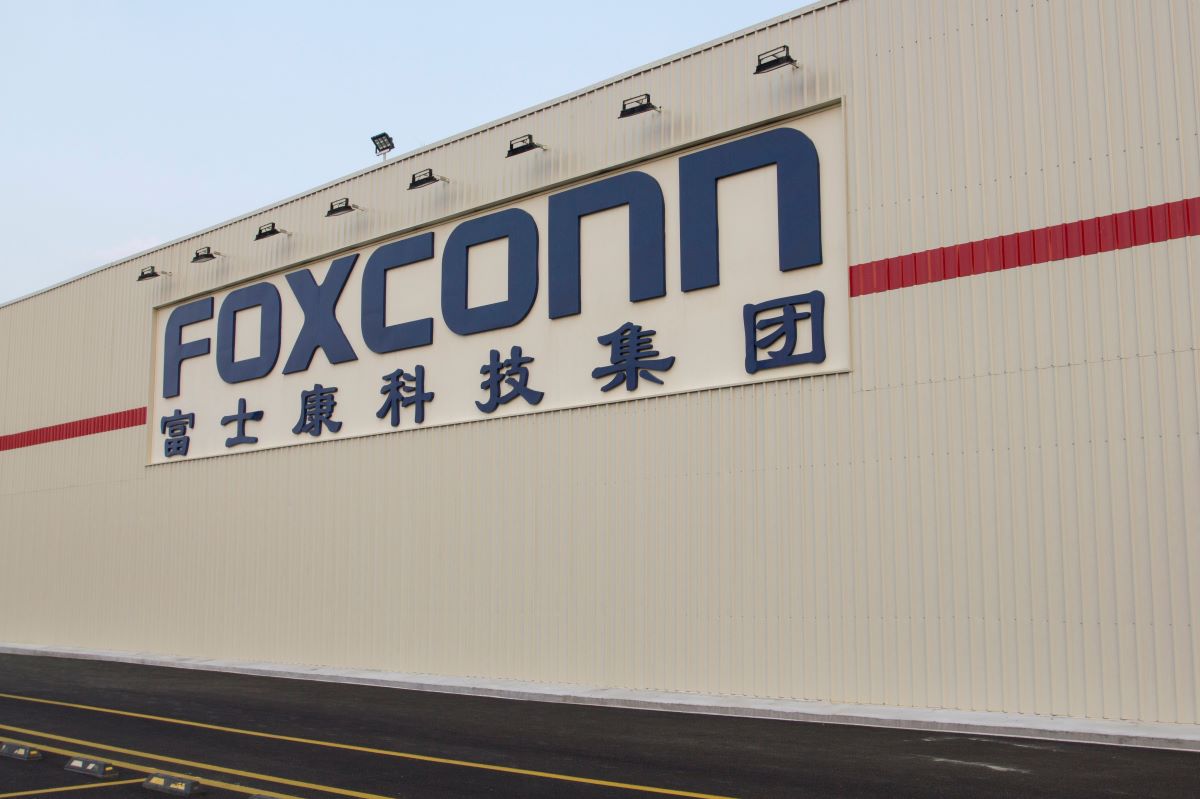The frustration from China’s strict zero-Covid policy is showing at the world’s biggest iPhone manufacturing facility, the Foxconn factory in Zhengzhou. The Taiwanese contract manufacturer is seeing violent protests erupt at its China facility, which is likely to cause a 30% drop in the output of iPhones, as per a Reuters report.
Foxconn representatives have repeatedly claimed that iPhone production at the facility is ‘relatively stable’, but the ongoing unrest paints a different picture. The Taiwanese firm makes 70% of all iPhones globally, and the Foxconn factory in Zhengzhou makes the most of these smartphones.
What led to the Foxconn factory unrest?
Back in October, China imposed a strict lockdown in Zhengzhou, with the Foxconn factory going into a ‘closed loop’ management. Workers at the facility were trapped inside the sprawling campus when the Covid outbreak hit.
Several workers started fleeing the site due to the stringent Covid-19 measures, with some estimations putting this number at nearly 60,000. The Foxconn factory employs 200,000 workers, and iPhone production woes come right before the year-end holiday season, which is also a peak time for sales for companies like Apple.
Media reports and social media posts claim that the workers trapped on campus had to share dormitories and were not provided adequate food. Foxconn has denied these allegations and said it was working on bringing the situation under control.
Shortly after workers started fleeing, the Taiwanese tech giant said it needed 100,000 workers to resume full production. Several new workers registered as the company promised bonus wages.
However, earlier this week the new workers were informed that these bonus payments will only be credited to their accounts next year, meaning the workers had to work for more days than previously anticipated to get the bonus they were promised.
This discontent caused massive protests at the Foxconn factory, with videos emerging on social media of people smashing surveillance cameras and windows and attacking government officials in hazmat suits with chairs and tables.
Foxconn, formally called Hon Hai Precision Industry Co Ltd, in a statement denied reports of poor working conditions and has offered workers a $1,400 settlement to end the protests, asking the new staff to quit and leave the facility.
The company said that the payment gaffe was due to a technical error during the onboarding process. Apple, Foxconn’s largest customer which brings the company over 45% of its revenue, said it was “working closely with Foxconn.”
This is not the first time a Foxconn factory has come under fire for poor working conditions. Last year, Apple had asked the Taiwanese firm to suspend operations at its India factory after reports emerged of “crowded dorms without flush toilets and food crawling with worms” and workers sleeping on the floor in dorm rooms.
Over 250 workers at the Indian factory suffered a food poisoning episode, and some 100 workers had to be hospitalized for treatment. Protests had then erupted at the Foxconn factory in Chennai in South India, which led to the complete shutdown of the facility.


 Australia
Australia China
China India
India Indonesia
Indonesia Japan
Japan Malaysia
Malaysia Philippines
Philippines Singapore
Singapore South Korea
South Korea Taiwan
Taiwan Thailand
Thailand Vietnam
Vietnam







